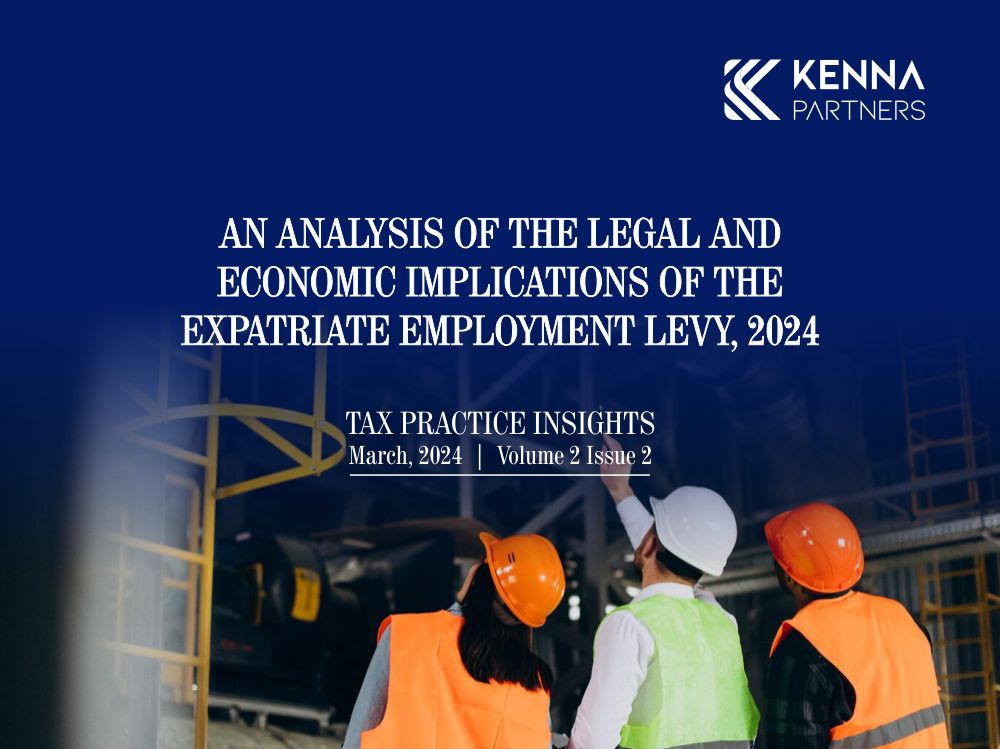

Payment of stamp duties is a critical aspect of ensuring the admissibility of the document evidencing the transaction. Accordingly, although often considered a minimal tax, stamp duties remain an integral part of Nigeria’s tax framework.
The Stamp Duties Act (the principal enactment governing the applicability of Stamp duties in Nigeria) was unarguably one of Nigeria’s most criticised tax legislations. Principally, the Act was subject to scrutiny for various reasons, among which is the fact that most of its provisions were perceived as outdated and not in tune with modern economic realities. Even with the enactment of the Finance Act 2019 (which sought to improve the framework for the tax), it appears that the administration of stamp duties is still the subject of lingering debates, such as the appropriate tax authority to collect Stamp Duties in respect of bank transactions between individuals and the applicable rate for certain types of transactions/ documents.
The Federal Inland Revenue Service (‘’FIRS’’) recently issued a Public Notice (‘’the Notice’’) clarifying a number of issues such as the applicable stamp duties rate on certain transactions as well as the administration of the tax. According to the FIRS, the Notice became necessary in response to requests that the FIRS received from taxpayers seeking clarification on the current administration of stamp duties in Nigeria.
This edition of Kenna Partners’ tax insights examines the FIRS’ recent public Notice on the administration of stamp duties in Nigeria and succinctly explains the key issues addressed therein.
No results found.
